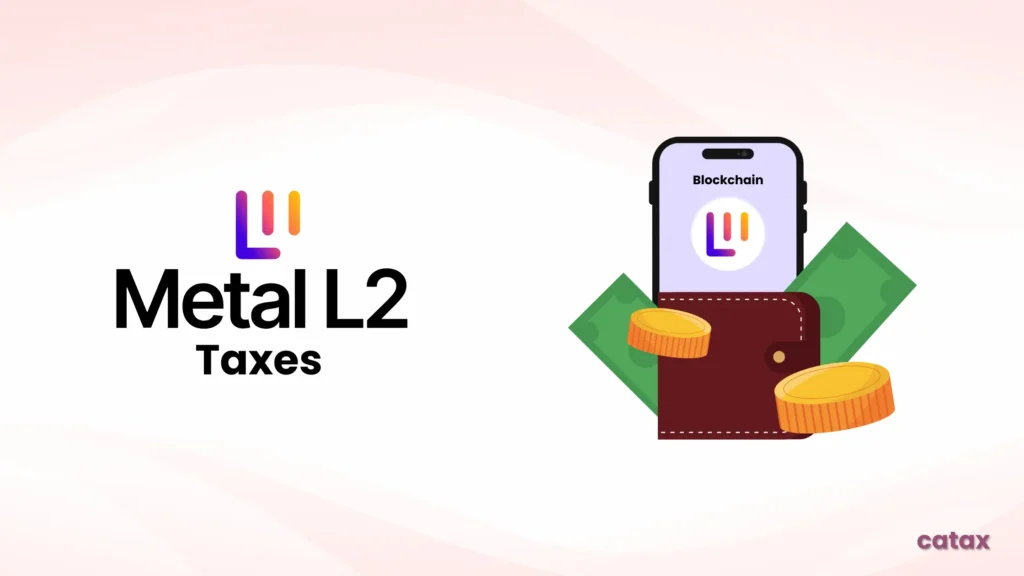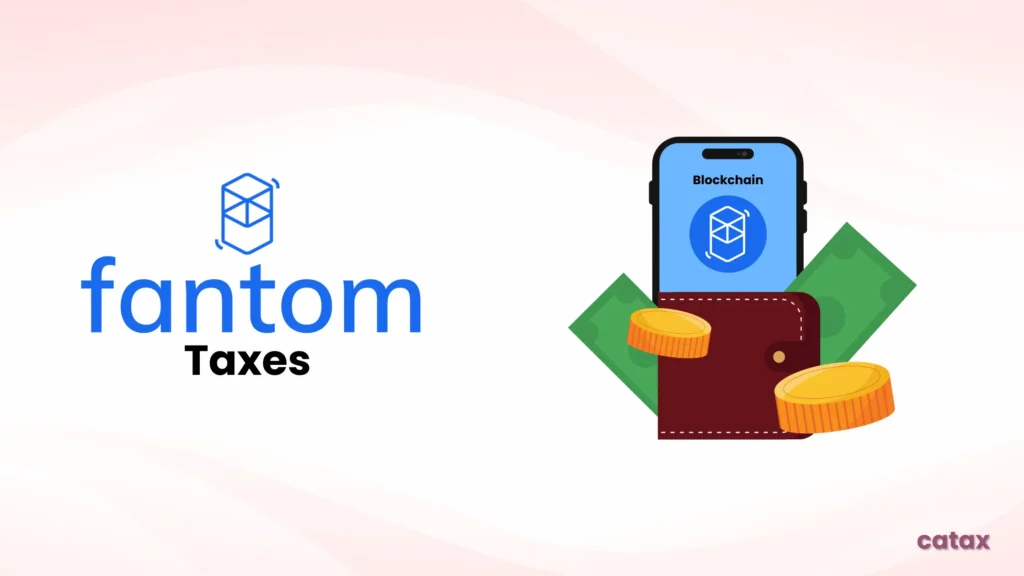Tax laws on cryptocurrency vary by country, and tax laws related to XT Smart Chain (XT) are no different. Regardless of how you buy, sell, trade, or stake XT Smart Chain, you may have taxes obligations based on your residence and use of your crypto. It is critical to know how tax authorities in your country value crypto activities so that you can be compliant and be alerted in advance to potential tax penalties.
This guide will take you through everything you need to know about how XT Smart Chain is taxed using simple, understandable language.

- How to Connect Your XT Smart Chain Wallet to Catax
- Are XT Smart Chain (XT) Transactions Taxable?
- Can You Deduct Trading Fees and Other Costs?
- How Is XT Smart Chain (XT) Taxed Based on Holding Time?
- How Is Staking Income from XT Smart Chain Taxed?
- Can You Use XT Smart Chain Losses to Lower Your Taxes?
- How to Stay Compliant with XT Smart Chain (XT) Tax Regulations
How to Connect Your XT Smart Chain Wallet to Catax
To properly track your XT Smart Chain transactions and calculate your taxes, you can connect your wallet to Catax. It’s a straightforward process that ensures all your activity is captured automatically:
- Open your XT Smart Chain wallet or block explorer (such as MetaMask, Trust Wallet, Ledger, etc.).
- Locate your public wallet address and copy it.
On Catax:
- Log in to your account and select your country.
- Choose “Chain” and then search for XT Smart Chain Wallet.
- Paste your public address and click “Connect.”
Catax will now sync your transactions automatically and help you calculate your tax obligations in real-time.
Calculate My Taxes ➤Are XT Smart Chain (XT) Transactions Taxable?
Yes, most countries consider cryptocurrency transactions to be taxable. The tax consequences of your XT Smart Chain transactions will depend on how you are using XT:
- Selling XT for profit: If you sell XT Smart Chain for a price greater than what you originally paid, you will be taxed on that profit as a capital gain.
- Swapping XT for another cryptocurrency: This is usually treated as a taxable event, even if you are not cashing out into fiat.
- Paying for goods or services with XT: If the price of XT Smart Chain has increased since you purchased it, when using it for paying for something, it could result in a capital gains tax.
- Earning XT from staking: In many jurisdictions, staking rewards are treated as income and taxed the moment it is received.
- Getting paid in XT: If someone pays you in XT Smart Chain, in relation to a product or service provided, that is generally treated as taxable income based on the value of XT at the time of receipt.
As the cryptocurrency tax rules will differ for each country, I.
You can also check out our Country-Specific Guide for Crypto in Your country. This guide provides insights on regulations, tax implications, and compliance measures breifly explained for each country.
Can You Deduct Trading Fees and Other Costs?
This is a question that XT Smart Chain users frequently ask, and it ultimately depends on the tax laws in your country. Also some countries allow for deductions for some expenses related to your crypto transactions, including:
- Exchange fees when purchasing or selling XT.
- Network fees paid when transferring XT between wallets.
- Security features such as hardware wallets or services that work to secure your private keys.
However, not every country allows these deductions. In jurisdictions, only the purchase price (cost basis) is permitted to be deducted, and other fees are not permitted. Again, please check your local guidelines or consult a tax expert for certainty.
How Is XT Smart Chain (XT) Taxed Based on Holding Time?
The tax you pay on your profits from your XT Smart Chain can depend on how long you had your tokens:
- Short-term holdings: If you held your XT for one year or less, when you sell it you could be paying a higher tax rate similar to your income tax rate.
- Long-term holdings: If you held your XT for longer than one year, many countries lower tax rates on long-term capital gains.
- Flat rate countries: Some countries have flat rate taxes that apply the same rate regardless of the number of periods you held your crypto.
When analyzing these tax rates in your country you may be able to decide your selling time in a way that minimizes tax.
How Is Staking Income from XT Smart Chain Taxed?
Staking XT Smart Chain can give you rewards, but normally those rewards are taxed in some fashion. There are usually two ways countries treat staking income:
- Taxed as income: Some countries will tax the staking rewards as soon as you receive them. Meaning you need to report them as part of your annual income.
- Taxed as capital gains: Other countries will wait until you sell or exchange your staking rewards. Then when you sell, any profit is taxed.
It will be important to know how your country handles staking, so you can pay the correct amount. If staking rewards are taxed as income, you may need to pay taxes, even if you have not sold those rewards yet.
Can You Use XT Smart Chain Losses to Lower Your Taxes?
Yes, in many jurisdictions; if you have XT and sell it at a loss to the price you paid for it, you should be able to use that loss to lower your tax payable. This is how losses are typically used:
- Offsets: You can use your XT Smart Chain losses to offset gains in other crypto or even stocks.
- Carrying losses forward: If you don’t’ have gains in the same tax year, some jurisdictions will let you carry the loss forward to offset taxes paid in future years.
- No deductions allowed: A few jurisdictions will not allow any deductions of crypto losses, so you are going to want to double check local regulation.
And always keep track of all your trades so you can prove your losses if you need to.
How to Stay Compliant with XT Smart Chain (XT) Tax Regulations
As governments get stricter about crypto taxes, it’s important to follow the rules and stay up to date. Here’s what you should do to remain compliant:
- Learn how your country taxes XT Smart Chain: Is it treated as income, capital gains, or income from your business?
- Understand what costs you can deduct: Understand if the trading fees, staking rewards, and security costs are deductible.
- Keep accurate records: Keep a record of every XT Smart Chain transaction including purchase, sell, trade, stake, and spend.
- Use a crypto tax calculator: Companies like Catax can help ensure your taxes are accurately calculated and filed.
- Talk to a tax professional: It’s always wise to speak to a tax advisor familiar with crypto laws before completing your taxes.


